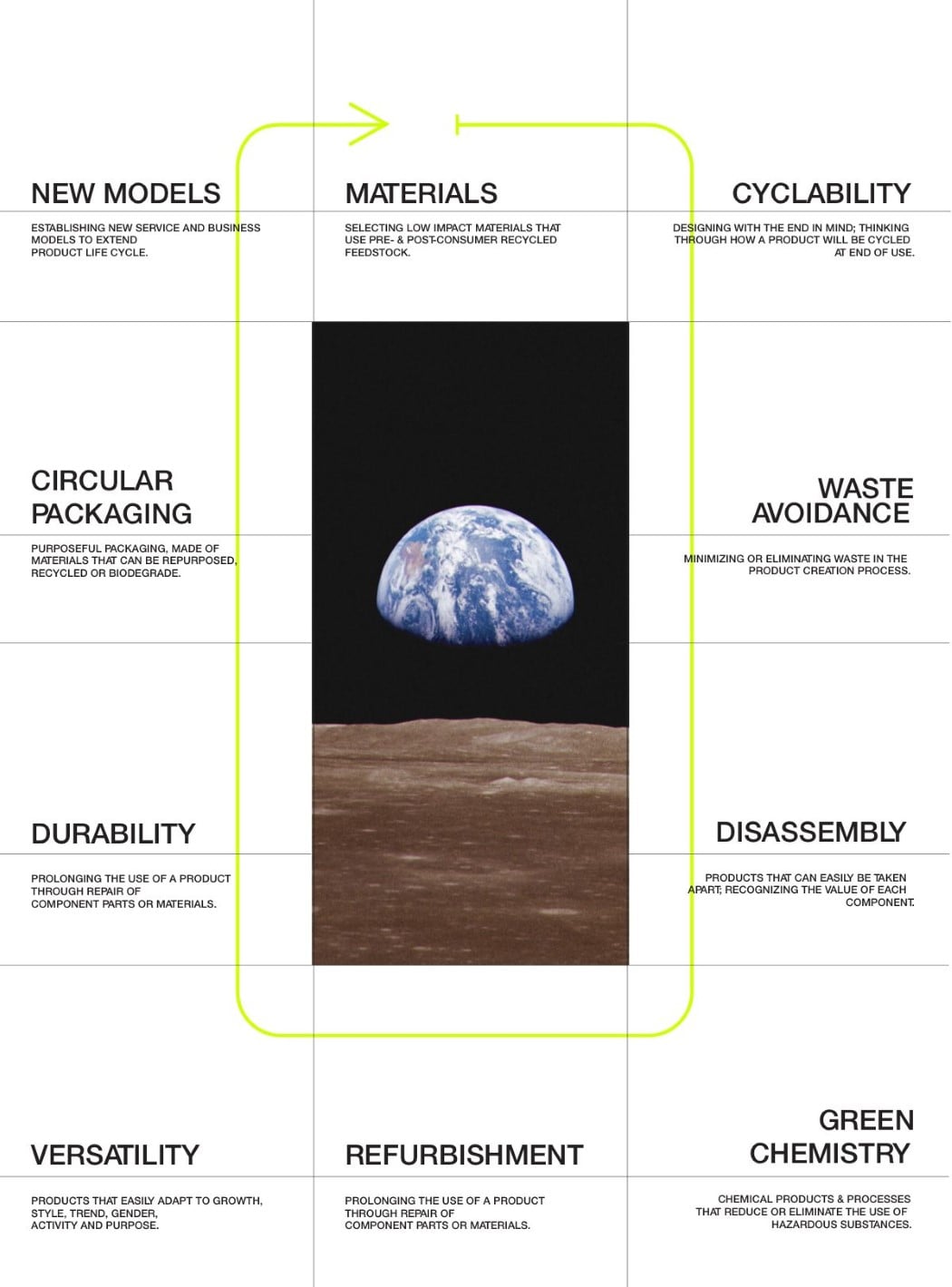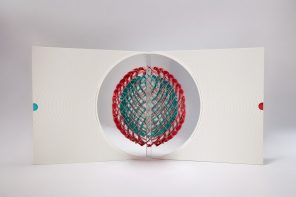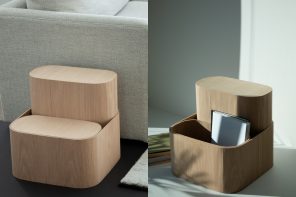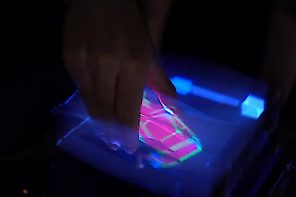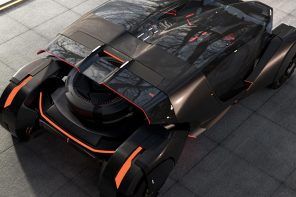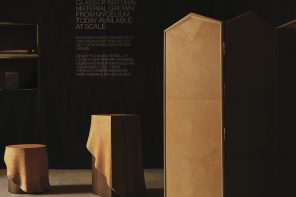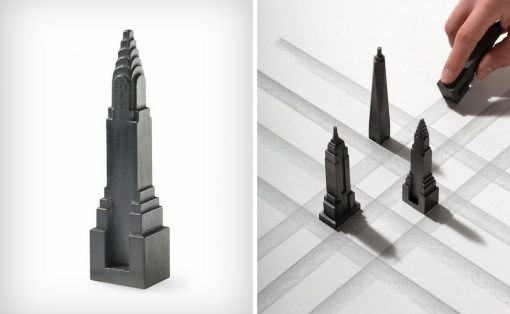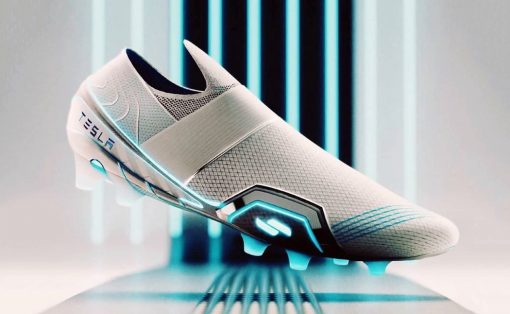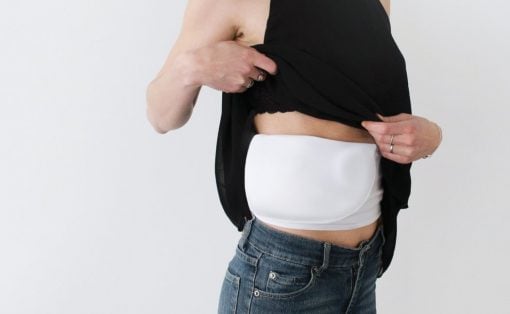We’ve all seen those memes about how our CO2 levels are at the highest they’ve been in 3 million years, and that we’re going to face major environmental consequences in the next few decades. It’s scary, but those statistics and numbers don’t help us come up with a solution to this massive problem. Guidelines do.
Years of Nike’s efforts to develop consciously designed products, practices, and behaviors has culminated in Nike’s “Circularity: Guiding the Future of Design”, a free-for-all design guide that lets students, designers, studios, and industry members embrace sustainability and ‘circular thinking’. Designed in collaboration with the students and staff of Central Saint Martins, University of the Arts London, while taking inspiration from Global Fashion Agenda and insights from the Ellen MacArthur Foundation, the Design Guide (accessible by clicking here, or right at the bottom of the article) aims at empowering designers with the right tools to design for longevity as well as considering a product’s entire journey in mind.
The guide looks at all aspects of the design process, and adds key insights to it, from making conscious material choices like Nike’s Flyknit technology that eliminates the need to punch out shapes from fabric (causing waste), or especially their Flyleather, an innovative “engineered leather material that looks, feels and smells like natural leather, made by binding at least 50% reclaimed leather fibers together in an innovative, environmentally sustainable water-powered process.”
Other chapters in the guide also talk about disassembly, or how your product would be taken apart to re-purpose or recycle different components, and even considering circularity in packaging, perhaps one of industrial design’s biggest afterthoughts.
“We have an obligation to consider the complete design solution, inclusive of how we source it, make it, use it, return it, and, ultimately, how we reimagine it.” says John Hoke, Chief Design Officer Nike. The Circular Design Guide in its entirety, accessible below, breaks down Nike’s efforts and processes in a way that helps others take key insights on how they can make their design approach more future-focused and sustainable.
Click Here to visit Nike’s Circularity: Guiding The Future Of Design
